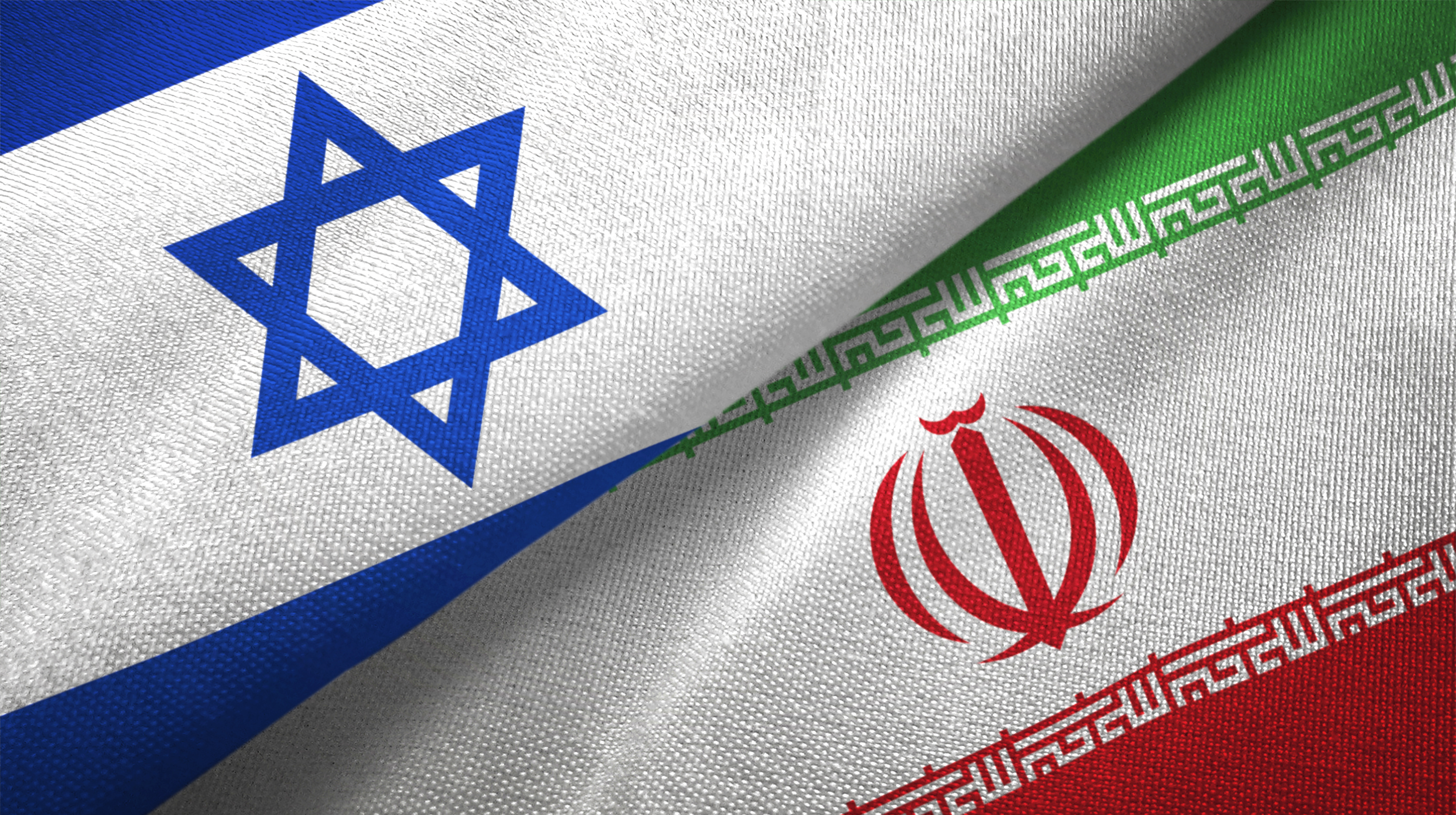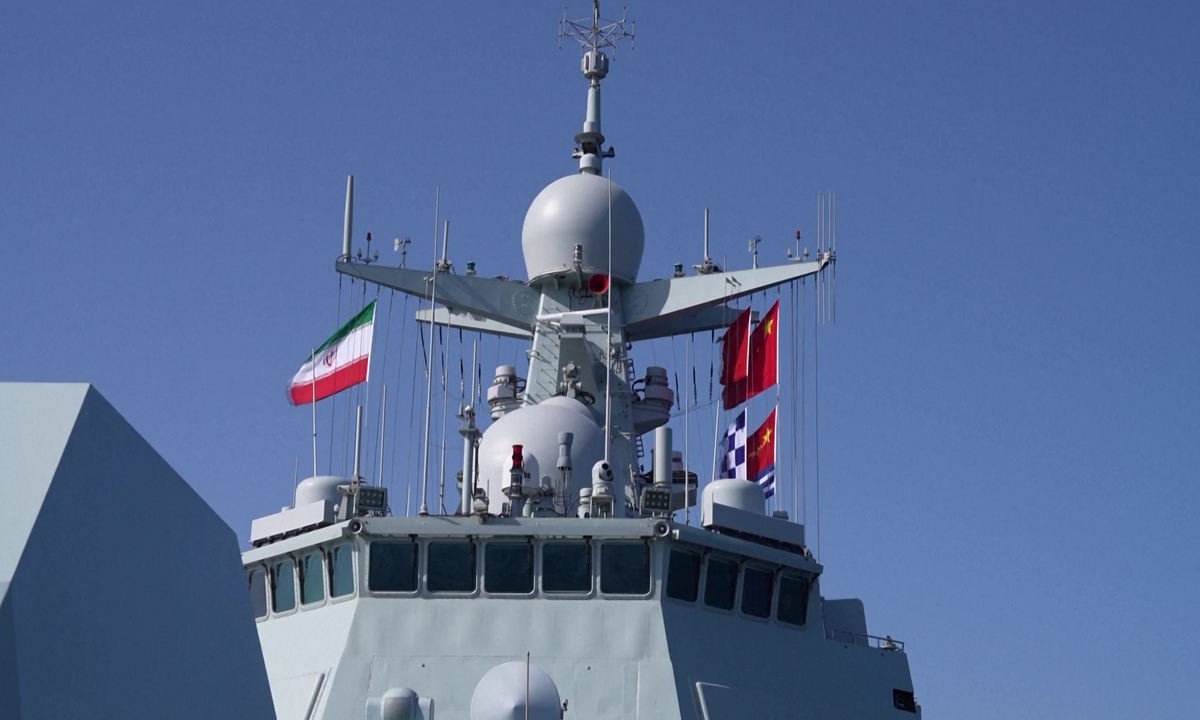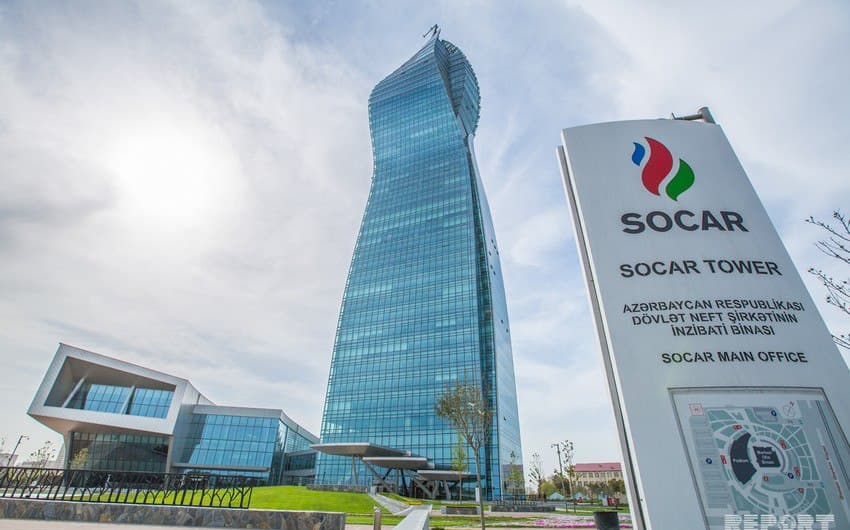Publication: Eurasia Daily Monitor Volume: 22 Issue:
Executive Summary:
- In response to shifting regional dynamics primarily driven by Russia’s war against Ukraine, Kazakhstan is reshaping its security posture by reducing military dependence on Moscow and prioritizing self-reliance, regional partnerships, and defense modernization.
- Astana is focusing on its role as a “middle power,” allowing Kazakhstan to exert greater regional and global influence through integration into multilateral organizations, expanded participation in international initiatives, and diversified defense imports.
- Kazakhstan has pursued diverse international military collaborations, particularly through joint exercises, weapons co-production, and strategic coordination with Türkiye and Azerbaijan, enabling it to adopt a more independent defense strategy.
Kazakhstan has recently been making steps to improve its defense capabilities. In April 2025, the Kazakh Ministry of Defense confirmed that a legislative framework was established to regulate the Defense Industry Development Fund, which was created in December 2023 (Prime Minister of Kazakhstan, April 14; Inform.kz, April 16). The new defense fund aims to acquire and manufacture domestically crucial military hardware, such as artillery ammunition, weapons systems, and combat modules.

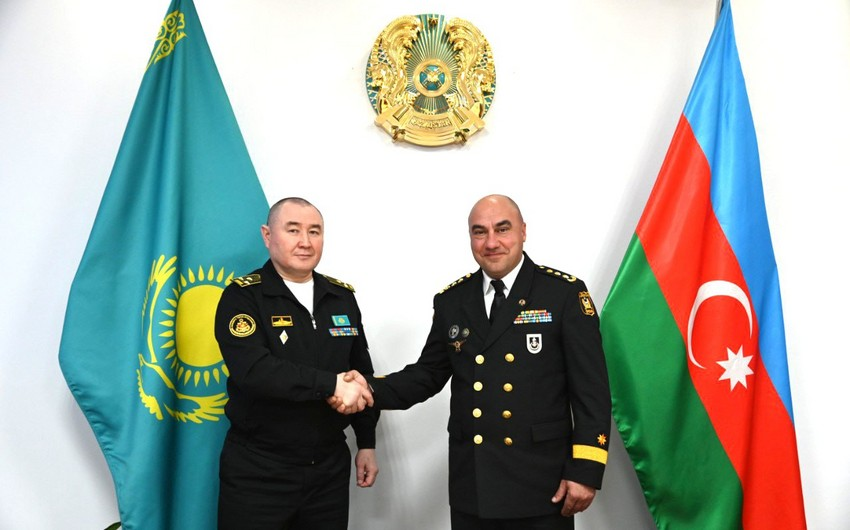
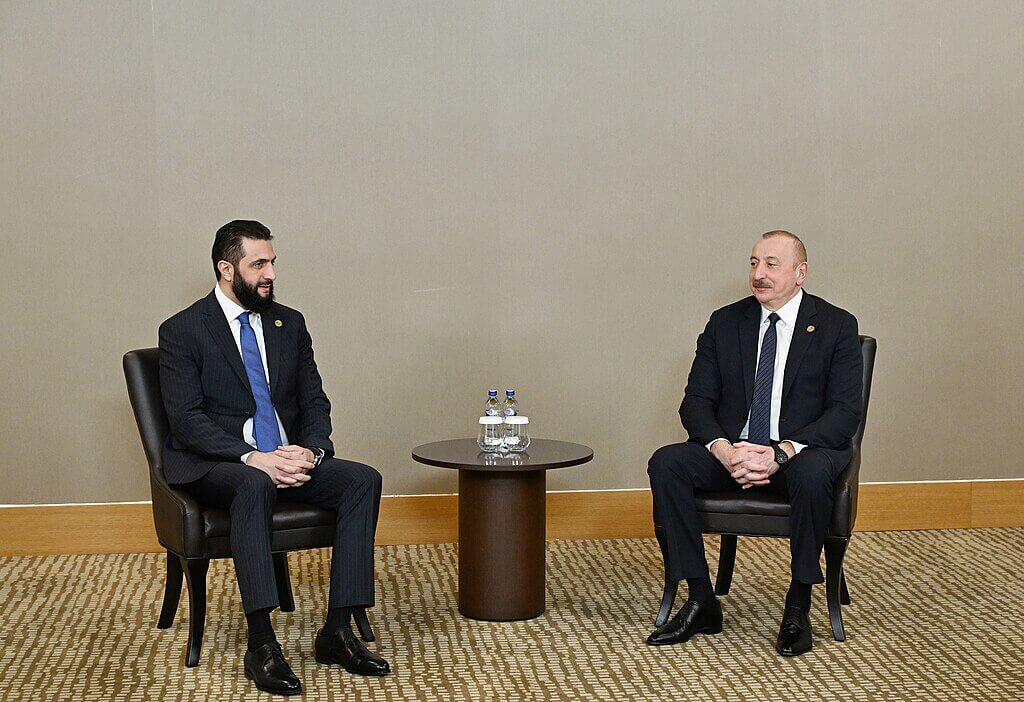
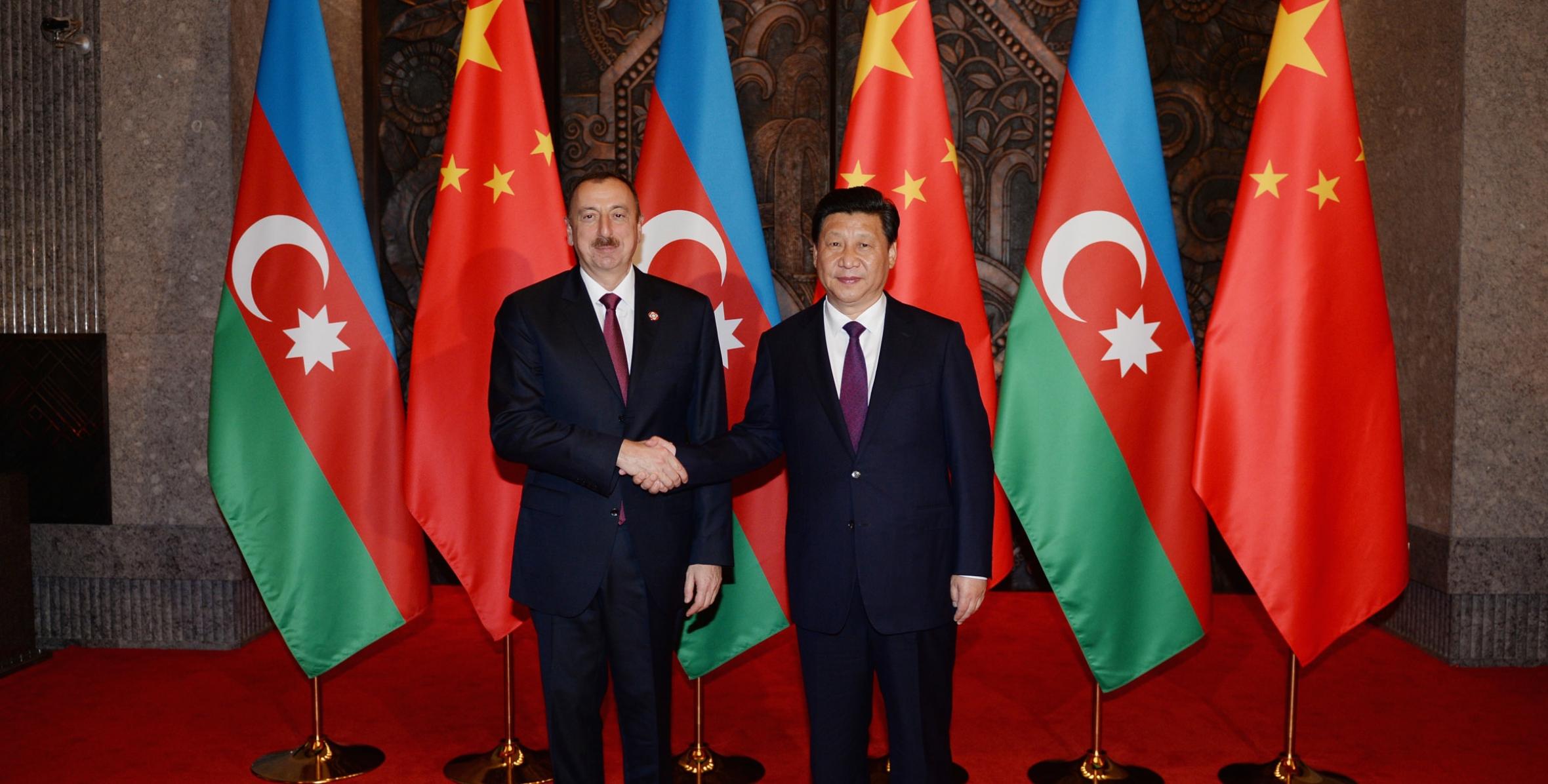
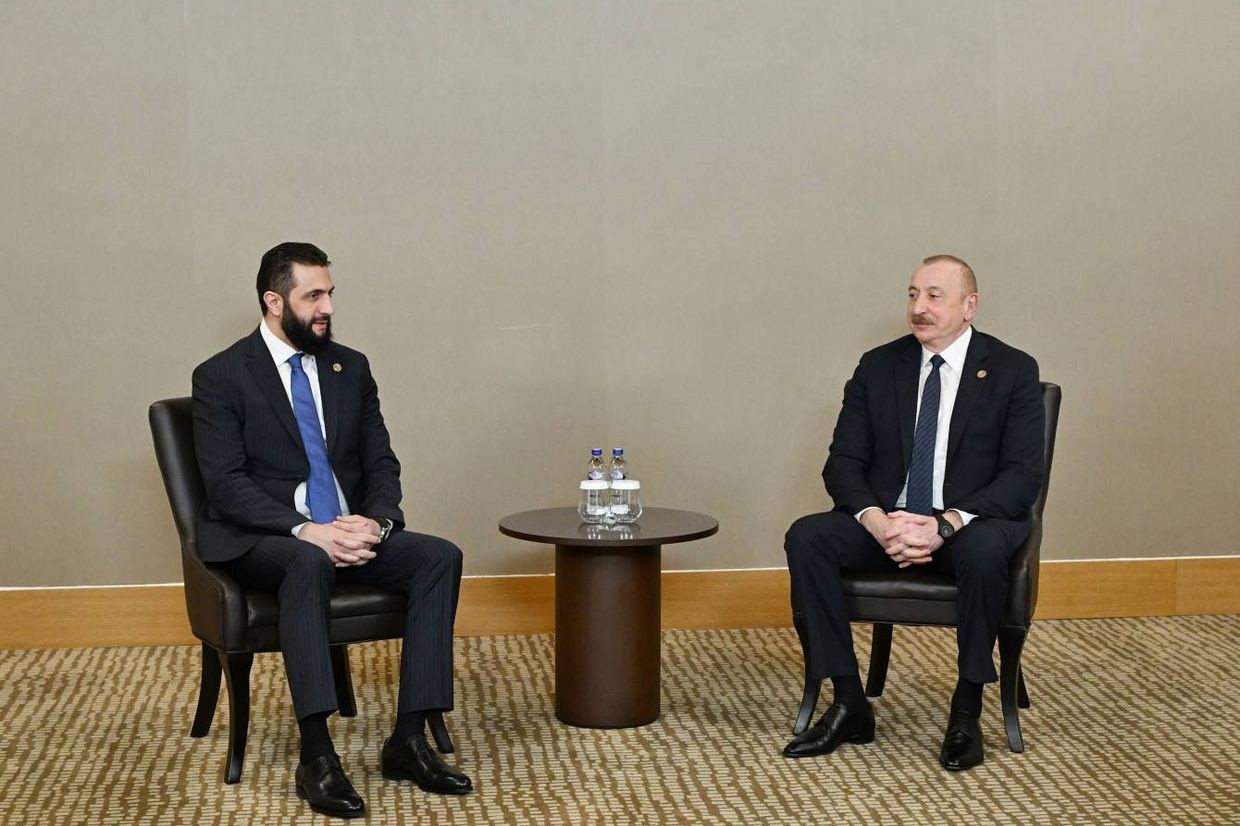
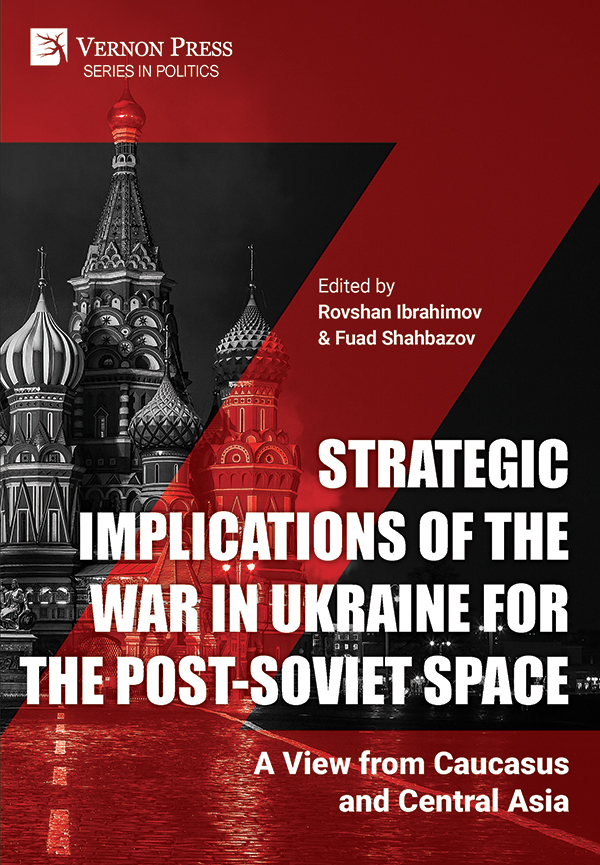 This groundbreaking volume offers an in-depth exploration of how Russia’s 2022 invasion of Ukraine has reshaped the geopolitical landscape of the post-Soviet space, particularly in the Caucasus and Central Asia. Through expert analyses, the book examines the far-reaching consequences of the war, including shifts in regional alliances, energy security dynamics, the rise of new cooperation platforms, and the growing role of external actors such as China and Turkey.
This groundbreaking volume offers an in-depth exploration of how Russia’s 2022 invasion of Ukraine has reshaped the geopolitical landscape of the post-Soviet space, particularly in the Caucasus and Central Asia. Through expert analyses, the book examines the far-reaching consequences of the war, including shifts in regional alliances, energy security dynamics, the rise of new cooperation platforms, and the growing role of external actors such as China and Turkey.